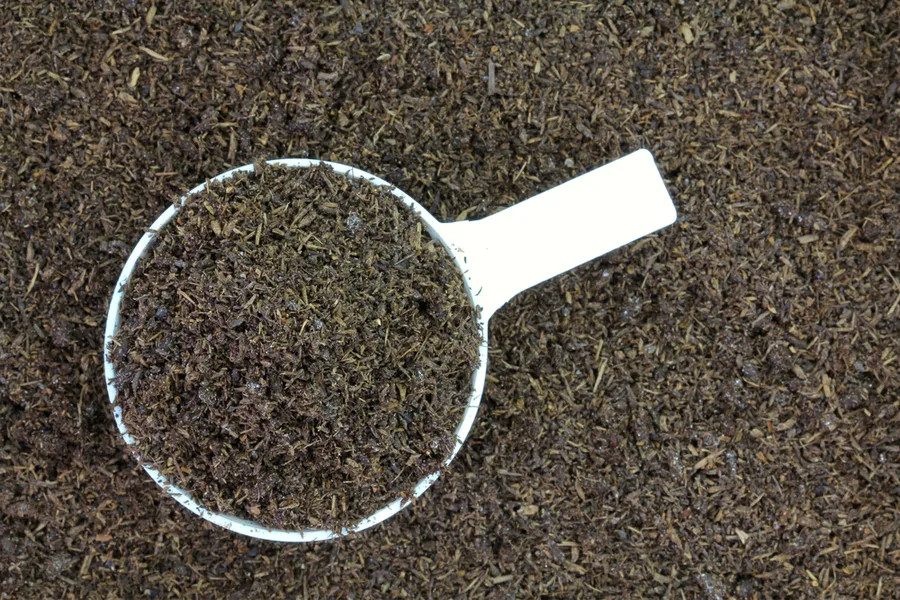Here is a look this week’s show notes for How To Use Worm Castings To Power Your Plants. Below you will also find our show notes along with reference and product links from the article. You can check out all of our past episodes on the website, here at : ALL EPISODES
IMPORTANT REFERENCE LINKS:
- The Biggest Secret To Vegetable And Flower Power – Worm Castings!
- How To Grow An Organic Garden – 5 Secrets To Success
- Worm Castings – The Perfect All Purpose Natural Fertilizer
PRODUCT LINKS
Show Outline / Show Notes – How To Use Worm Castings To Power Your Plants
Introduction:
Worm castings are one of the biggest and best secrets to growing amazingly healthy and productive plants.
Works incredibly well for flowers, vegetables, hanging baskets, containers, perennials and more.
Powerful, incredible, plant-energizing fertilizer and soil conditioner.
STORY OF MINNESOTA FARMER – How we found out about the power of worm castings
Trial Results in Old World Garden Farms :
- growing seedlings
- basket and container plants
- vegetable plants
What Are Worm Castings – And How Do They Work?
Worm castings are the dried manure of worms. Unlike the manure of animals, castings are ready to use immediately.
As worms move through soil, they chew and digest tiny organisms and bits of organic material.
Those materials are then ground down in their digestive system. It exits as a perfect blend of organic nutrients.
Worm castings contain all kinds of powerful organic material and minerals. Minerals such as calcium, nitrogen, phosphorous, potassium and magnesium. All of which, coincidentally, are critical nutrients needed for plants to grow strong and healthy.
How To Use Worm Castings
We mix dry castings in our seed starting soil and potting soil. In addition, mix them into planting holes for vegetable plants, flowers, shrubs, bushes and trees too.
Creating worm casting tea : By soaking the castings in water, it creates an incredible liquid fertilizer.
For Seedlings – We mix worm castings into our seed starting soil at a rate 1 cup of castings for every 1 cup of potting soil.
The slow release of nutrients is perfect for young seedlings to get off to a strong, healthy start. Does not overpower them but gently gives them nutrients.
For Vegetable & Flower Transplants – When transplanting vegetable plants and flowers into the soil, we use a quarter cup of castings mixed in to planting hole.
Sprinkle a few tablespoons mixed into the soil around the surface of the plant. This acts as a slow release fertilizer every time it rains, or you water.
Baskets & Containers
Hanging Baskets
When creating your own hanging baskets, mix in 1/2 of cup of castings in the potting soil at planting time.
If purchasing pre-planted baskets, sprinkle in a quarter cup of castings on top of the soil. As you water, or as it rains, the nutrients leach down into the plant’s roots to provide big power.
Re-apply every 3-4 weeks to keep baskets looking great all season long.
Mary’s story : Ferns. Small, weak fern transplants at start of season so little, but grew so big that they broke the chains that they were hanging from.
Container Plantings – Much like hanging baskets, mix in a 1/2 cup of castings to the soil in your containers. Once a month, add a quarter cup of castings to the top of the soil.
Liquid Worm Casting Tea
As mentioned earlier,you can create an incredible all-natural homemade “miracle growing liquid fertilizer” with castings.
To create, mix 1/2 to 3/4 cups of castings with 2 gallons of water. Let the solution soak for 24 hours.
You can then use the solution to fertilize vegetable plants, flowerbeds, hanging baskets, containers and more. For vegetable plants, we apply 1/4 gallon to each root zone when fertilizing.
For containers and hanging baskets, we water with the solution every few weeks. You will be shocked at the power it provides to your plants.
But the power of worm castings doesn’t stop there. Most people don’t think about fertilizing the perennial plants throughout their flowerbeds and landscaping.
Perennials –
When planting, transplanting, or splitting and dividing perennials, mix in a quarter cup of castings to each new planting hole.
Shrubs and Trees
Castings are excellent for planting shrubs and trees too! For traditional 1 gallon containers, mix in 1 cup of castings when planting.

